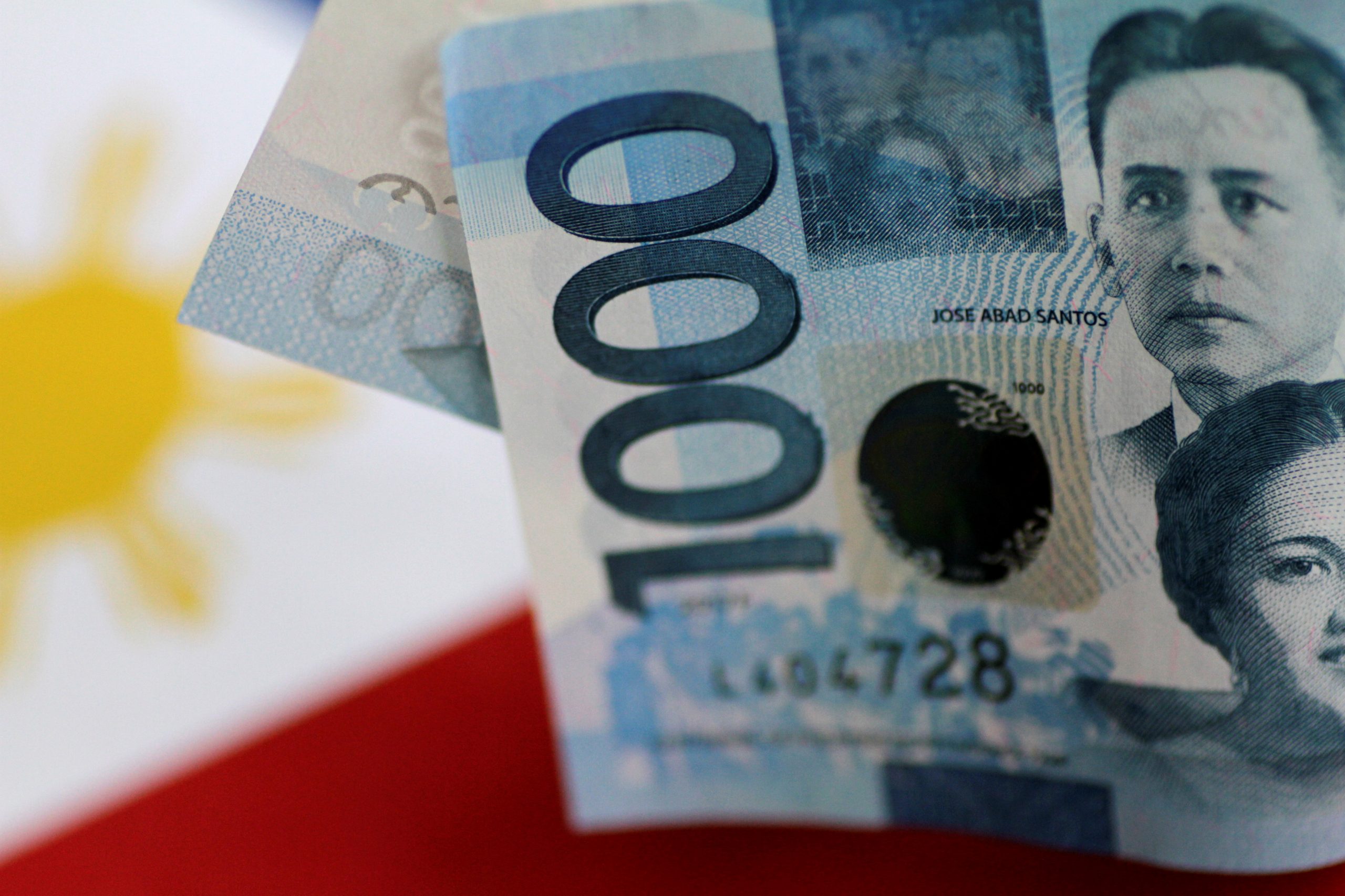Philippines remains on FATF’s gray list

The Philippines remains under a “gray” list of countries under increased monitoring for money laundering and terrorism financing risks, despite some progress in implementing measures against such financial crimes, according to the Financial Action Task Force (FATF).
“Since June 2021, when the Philippines made a high-level political commitment to work with the FATF and Asia Pacific Group to strengthen the effectiveness of its anti-money laundering/counter-terorrism financing (AML/CTF) regime, the Philippines has taken steps towards improving its AML/CFT regime, by developing and implementing guidance on delistings and the unfreezing of assets for targeted financial sanctions related to proliferation financing,” the Paris-based global dirty money watchdog said in a statement on Friday.
The assessment was made during the FATF’s plenary from Oct. 19 to 21.
Anti-Money Laundering Council (AMLC) Executive Director Mel Georgie B. Racela said the government is committed to the timely implementation of the remaining action plan items to address the deficiencies.
“Despite the constraints of the COVID-19 pandemic, the Philippines has progressed toward improving its anti-money laundering and counter-terrorism financing (AML/CTF) regime,” Mr. Racela said in a Viber message.
“The Philippines’ national AML/CTF Strategy has already integrated the said Action Plans to ensure a whole-of-nation approach. With this progress, the country’s action plan items are down to 17 (from 18),” he added.
The FATF said the Philippines will remain under jurisdictions with strategic deficiencies alongside Albania, Barbados, Burkina Faso, Cambodia, Cayman Islands, Haiti, Jamaica, Malta, Morocco, Myanmar, Nicaragua, Pakistan, Panama, Senegal, South Sudan, Syria, Uganda, Yemen, Zimbabwe.
Jordan, Mali, and Turkey were also placed under increased monitoring.
Meanwhile, Botswana and Mauritius were able to exit the gray list.
Based on its assessment, the FATF pointed out that the Philippines still needs to prove the effectivity of its risk-based supervision of designated non-financial businesses and professions; show supervisors are using AMLC/CTF controls to mitigate risks related to casino junkets; and implement new registration requirements for money or value transfer services as well as slapping sanctions for unregistered and illegal remittance operators.
The country also needs to strengthen and streamline the access and accuracy of beneficial ownership information that are used by law enforcement agencies; boost usage of financial intelligence and increase in money laundering investigations and prosecutions; and show heightened identification, investigation, and prosecution of cases related to terrorism financing.
Finally, the FATF will be assessing the country’s ability in taking appropriate measures related to non-profit organizations without disrupting their legitimate activities; and to enhance the effectiveness of the targeted financial sanctions framework for both terrorism financing and proliferation financing.
Mr. Racela said such action plan items need to be implemented by supervisors, law enforcement and intelligence agencies, prosecutors, and other relevant government agencies within the timelines provided by the FATF.
“It must be understood, however, that demonstrating effectiveness, which is measured through sustained actions, takes time,” he said.
In June, the FATG placed the Philippines in its gray list.
Government officials are hopeful that the country can exit the gray list by January 2023. — Luz Wendy T. Noble



